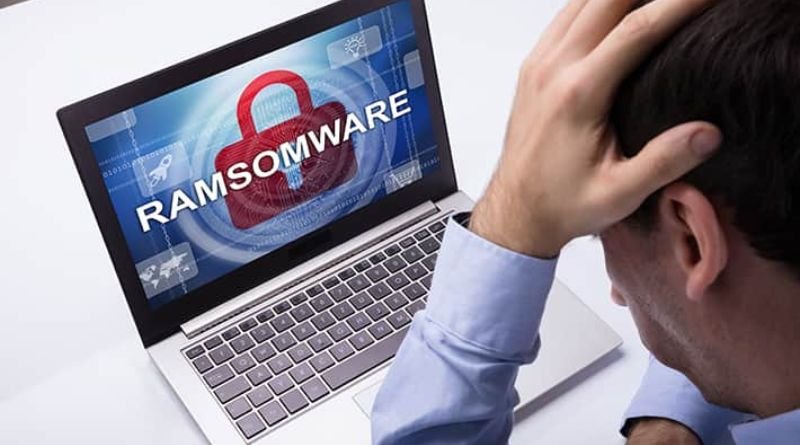What Happens When You Pay a Ransomware Attacker?

Ransomware attacks are the fastest-growing type of malware threat on the internet today, but what do you do if it happens to you? Do you pay the ransom or not? Do you have any other option? A recent report by Sophos found that out of the companies that paid off attackers, only 26% had their files unlocked and returned to them. How can you make sure this doesn’t happen to your company? Read on to find out.
Don’t pay if you can avoid it
You should never pay the ransom to regain access to your files. It’s an easy way for cybercriminals to make money and grow their business. Plus, you might end up paying twice. Some ransomware attackers will destroy files that have been decrypted with the wrong decryption key or if the ransom is not paid after a specific time frame. Make sure you get in touch with an expert to help you recover your data as soon as possible so you don’t lose important information.
Know who your criminals are
It’s understandable that the idea of paying for your own files back seems appealing, but is this method actually worth it? Maybe not. The study found that firms that paid to get their data back were almost three times as likely to be at more risk of being hit again. Plus, if they used bitcoin, they’re not going to be able to easily find out who took their money because bitcoin is mostly anonymous. So, should you pay up if you’re hit with ransomware attacks? Well…we can’t really tell you what to do. It’ll always depend on the circumstances and severity of the situation. But, we hope we helped put into perspective some of the pros and cons of doing so!
Understand what happens when you do pay
This can’t be the right answer, you might be thinking. And it’s not. Even if you successfully get your files back, paying the ransom doesn’t guarantee that this will happen. In fact, only 14% of companies in our study got their files unlocked after they paid and another 10% were locked out forever. If you’re unlucky enough to have become infected with ransomware and lost your files – good luck!
Know how to recover quickly after paying
If you are ever faced with the decision to pay or not, know that it will be difficult, time-consuming and fraught with risk. That said, paying could be necessary if the data is critical to your business and impossible to replace. Your best bet is to come up with a plan before you have been breached—how much would it cost you in lost revenue if all of your systems go down for an extended period of time? If that cost is significant enough then paying the ransom might be worthwhile.
Be prepared for ransomware as a service
It’s impossible to be 100% prepared for ransomware attacks. But as cybercriminals continue to create and sell ransomware in the wild, it pays to have some best practices in place to mitigate any risk of attack. Here are four essential tips on how to stay protected against ransomware attacks:
1) Understand your exposure. Assess the cybersecurity risks facing your business and prioritize efforts accordingly, focusing resources on protecting critical data that you cannot afford to lose.
Don’t get trapped by data deletion threats
The FBI and many other government organizations suggest that the best way to deal with a ransomware attack is to never pay the ransom. This can be difficult to understand if you’ve seen files on your computer deleted and are being told they will only be unlocked if you pay up. Don’t worry, it’s not as bad as it seems! For starters, files can often be recovered even after being deleted by ransomware because of advanced technology.



